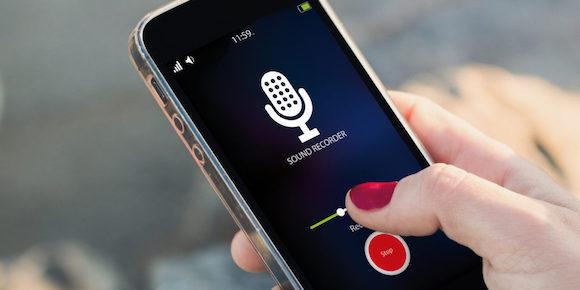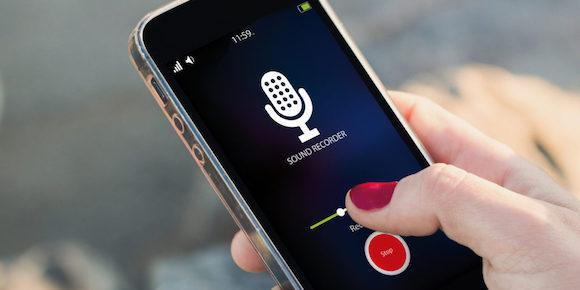
 "Doctor, can I record our conversation today?"
"Doctor, can I record our conversation today?"
Have you ever heard that question from a patient or a patient's family member? Or have you ever been worried a patient might record the visit without asking permission? As smartphones have become ubiquitous—giving patients a video and audio recorder that's always at hand—the question of whether these devices should be allowed in the dental office setting is becoming increasingly more common.
Patients: To Record or Not to Record?
The issue of allowing patients to record their appointments requires balancing potential privacy and liability risks with the potential benefits of improved patient recollection of instructions and treatment adherence. Patient pamphlets and other educational materials handed out at office visits are often lost or forgotten, and patients forget or remember inaccurately a significant portion of information shared at doctor visits. Patients who have a better and more complete understanding of their condition and the treatment plan are more likely to be actively engaged and involved in their dental care.
Despite these potential benefits, it's typically not the best course to allow patients to record the appointment. The recording devices could be disruptive and potentially intimidating to dentists and staff. In addition, these recordings—unlike the electronic dental record—can be altered or manipulated to create an inaccurate portrayal of what actually occurred. The recordings can also be easily streamed or posted online, raising the issue of patient and staff privacy and HIPAA compliance.
If a patient records a visit without the doctor's permission, that can result in a loss of trust, which is the basis of a strong dentist-patient relationship. Only about a dozen states nationwide prohibit electronic recordings done without the explicit consent of all participants in the encounter. It is important to know the specific laws concerning recordings in the jurisdiction where you practice. Regardless, it is recommended that patients be advised unequivocally that digital recordings by handheld devices such as smartphones are prohibited on the premises in order to protect the privacy of other patients and staff in compliance with federal and state privacy laws.
Post this notice clearly on your practice website, in the conditions of treatment signed by the patient at the outset of the relationship, and as office signage near the reception window. Suspected violations should be handled immediately. If this policy is violated, meet with the patient in a confidential setting to discuss the issue and reiterate the office policy. Depending on the circumstances and the status of the patient's current episode of care, advise the patient that further violations may result in termination of the dentist-patient relationship.
If patients ask to record the visit, encourage them instead to take notes or to have a trusted family member or friend join them for the office visit to help take notes, remember information, and ask questions.
For more patient safety articles and practice tips, visit thedoctors.com/patientsafety.
By Rich Cahill, vice president and associate general counsel, The Doctors Company.
The guidelines suggested here are not rules, do not constitute legal advice, and do not ensure a successful outcome. The ultimate decision regarding the appropriateness of any treatment must be made by each healthcare provider in light of all circumstances prevailing in the individual situation and in accordance with the laws of the jurisdiction in which the care is rendered.
